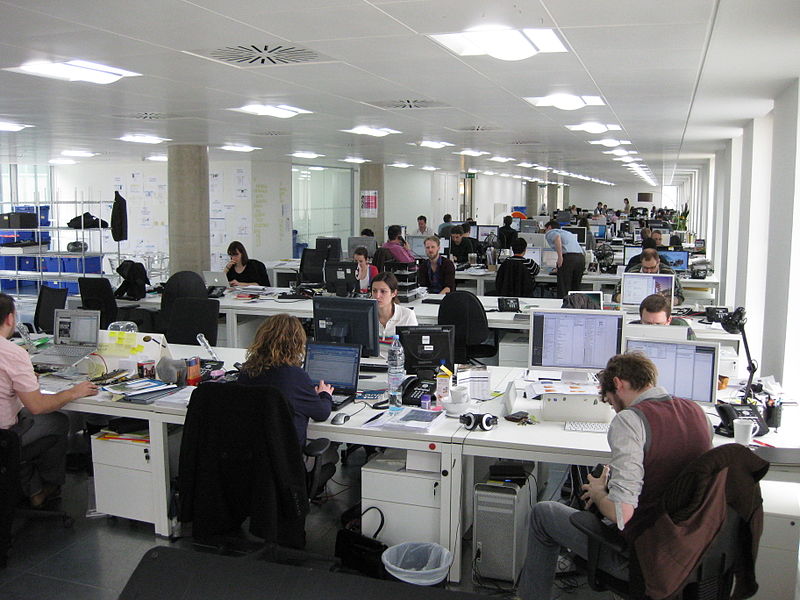
A recent survey conducted by HR service provider Acerta ahead of International Women's Day reveals that employees in Belgium are working nearly seven days more per year on average
compared to a decade ago. This increase is primarily attributed to female employees, who are putting in an average of eleven more days of work per year than in 2014.
According to the survey, employees with open-ended contracts in the Belgian labor market are now clocking in around 33.5 hours per week on average. This marks an increase of 1 hour and 7 minutes per week compared to ten years ago. With a working year typically spanning 47 weeks, this translates to approximately seven additional days of work annually compared to 2014.
The surge in work hours among female employees is notable, with an average increase of 1 hour and 50 minutes per week recorded in 2023 compared to 2014. This uptick equates to 11 extra working days throughout the year. One contributing factor to this trend is the significant rise in the number of women transitioning from part-time to full-time employment, a phenomenon less pronounced in neighboring countries like France, the Netherlands, and Germany.
The rise in work hours among women is observed across both blue-collar and white-collar sectors, with blue-collar workers putting in an average of 1 hour and 53 minutes more per week, and white-collar workers logging an average of 1 hour and 34 minutes more per week.
Acerta identifies several factors driving this increase, including the implementation of systems allowing men to take on more household responsibilities, such as extended parental leave. Additionally, the prevalence of telecommuting may have contributed to a greater willingness to work longer hours. Financial incentives and career advancement opportunities are also cited as motivating factors for increased work hours among female employees. Photo by Phil Whitehouse, Wikimedia commons.








































